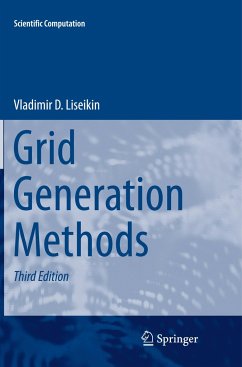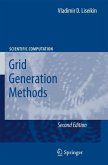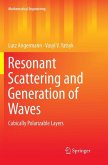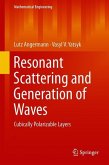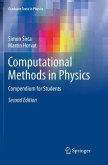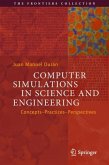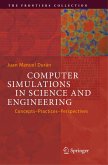This new edition provides a description of current developments relating to grid methods, grid codes, and their applications to actual problems. Grid generation methods are indispensable for the numerical solution of differential equations. Adaptive grid-mapping techniques, in particular, are the main focus and represent a promising tool to deal with systems with singularities. This 3rd edition includes three new chapters on numerical implementations (10), control of grid properties (11), and applications to mechanical, fluid, and plasma related problems (13). Also the other chapters have been updated including new topics, such as curvatures of discrete surfaces (3). Concise descriptions of hybrid mesh generation, drag and sweeping methods, parallel algorithms for mesh generation have been included too.This new edition addresses a broad range of readers: students, researchers, and practitioners in applied mathematics, mechanics, engineering, physics and other areas of applications
"Each chapter provides a thorough description of the background of the method under consideration, explains its properties, and makes clear for which type of problem it is suitable. Plenty of carefully designed instructive figures provide examples illustrating the methods' features. ... It is also likely to form an excellent foundation for designing a semester's set of lectures for a course addressing graduate students." (Kai Diethelm, Computing Reviews, April, 2018)

